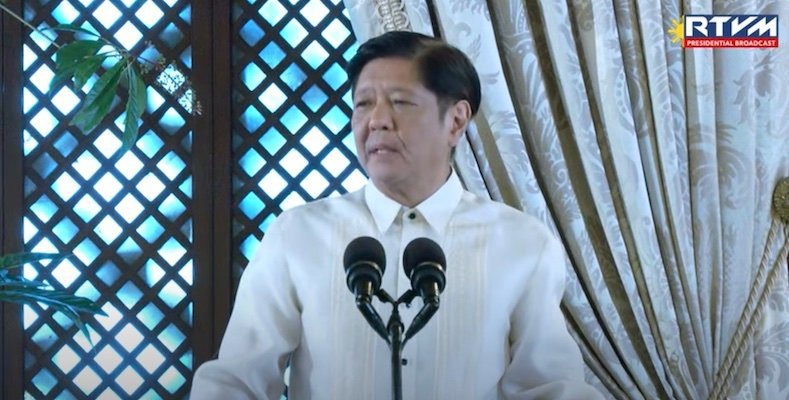The Philippines President’s decision not to sign the Magna Carta of Filipino Seafarers into law came as a surprise during a livestream event where two other bills were signed. The Presidential Communications Office stated that the bill was still under review, according to local reports. The House of Representatives later adopted a resolution recalling the bills from the President’s office due to jurisdictional issues transferring disputes from the Philippines Department of Labor to the International Labour Organization.
The proposed bill, certified as urgent by the President in September, aimed to address deficiencies in domestic laws regarding the training and accreditation of Filipino seafarers. It was intended to ensure compliance with international standards and conventions, with President Marcos Jr actively involved in resolving issues with the European Maritime Safety Agency. Despite concerns from the maritime training industry, the bill sought to enshrine international training standards into domestic law.
The Philippine Association of Maritime Institutions opposed the Magna Carta, describing it as detrimental to maritime education and training. The Philippine Coastwise Shipping Association also urged the President to veto the bill, warning of negative impacts on the domestic shipping sector and the seafaring industry. Despite these concerns, the Philippines remains the world’s largest supplier of seafarers to the international shipping industry.







